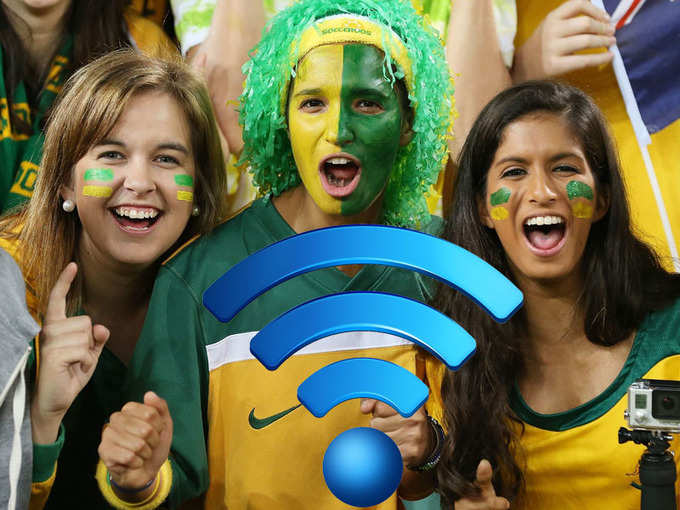
Recently,
With this in mind, Kaspersky prepared a list of recommendations for those travelling to São Paolo for the 2014 World Cup:
· Always access any Wi-Fi network through a VPN connection. If you do not have one, please get one and install it on all your devices – smartphones, tablets, laptops, etc.
· If a Wi-Fi network blocks your VPN, avoid using that network. If you have no choice, it’s better to use the Internet via TOR Browser together with your own DNSCrypt settings directly on your device.
· If you own an Access Point, please check if your firmware is the latest version. If not, upgrade it.
· Don’t leave your Access Point with vendor default settings; change them and also set strong new passwords.
· Check the encryption your Access Point now has. If it’s WPA or WEP, change it to WPA2 with AES settings. Disable SSID broadcasting and make sure your network password is strong.
· If there is no really secure network where you are, don’t worry about posting your pictures right away; wait until you find a secure place to work.
Fake AC/DC Charging Points
A malicious AC/DC charger in Brazil will still charge your battery, but at the same time it can silently steal information from your smartphone. The interception will happen via a USB connection, as the majority of plugs use this type of connection. In some cases these fake chargers can also install malware capable of tracking your location, stealing notes, contacts, pictures, messages as well as call records, saved passwords and even browser cookies.
Recommendations:
· Never use unknown chargers; instead look for trusted places to recharge devices.
· Use your battery responsibly and try to keep a spare with you, so you can use it if the primary battery dies.
· iOS devices have covers with an extra charging battery, which may also be a good solution.
· Try to optimize battery life by shutting down unnecessary processes and turning on airplane mode when a cell phone network is not available. You can also disable sounds, vibrations and tones and other resource-hungry features, like animated wallpapers etc.